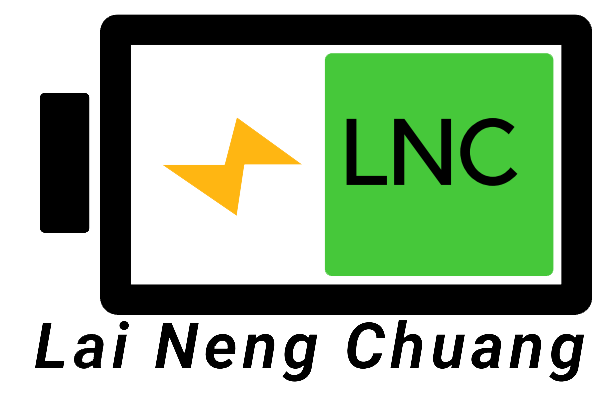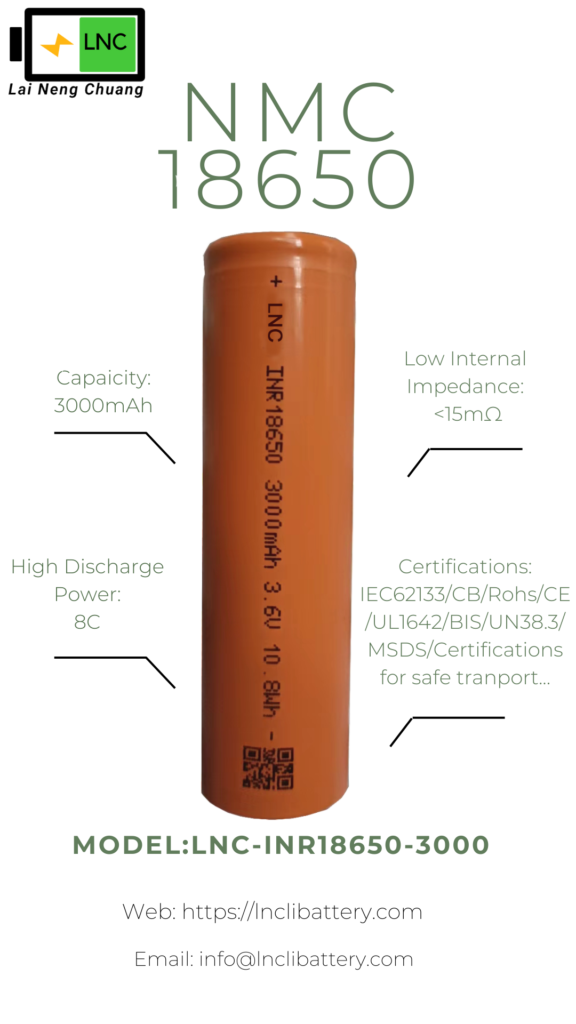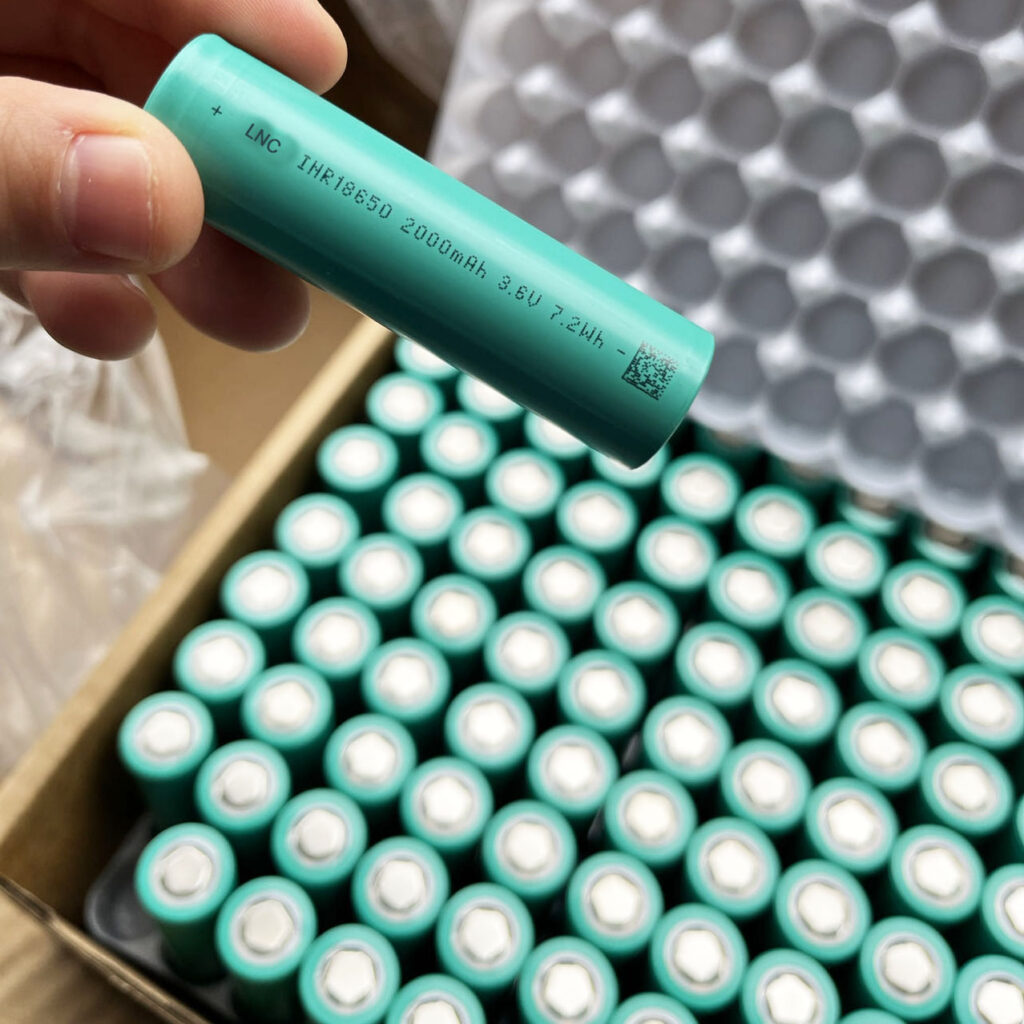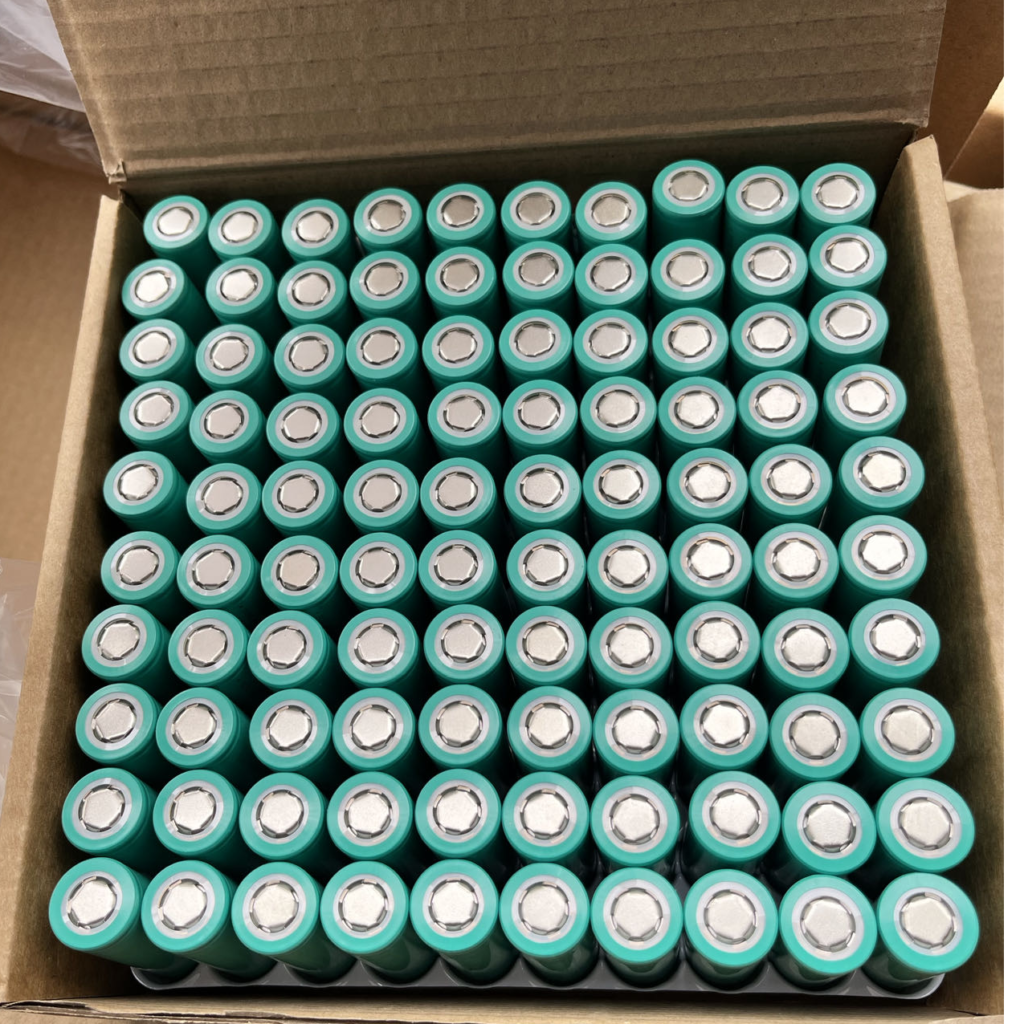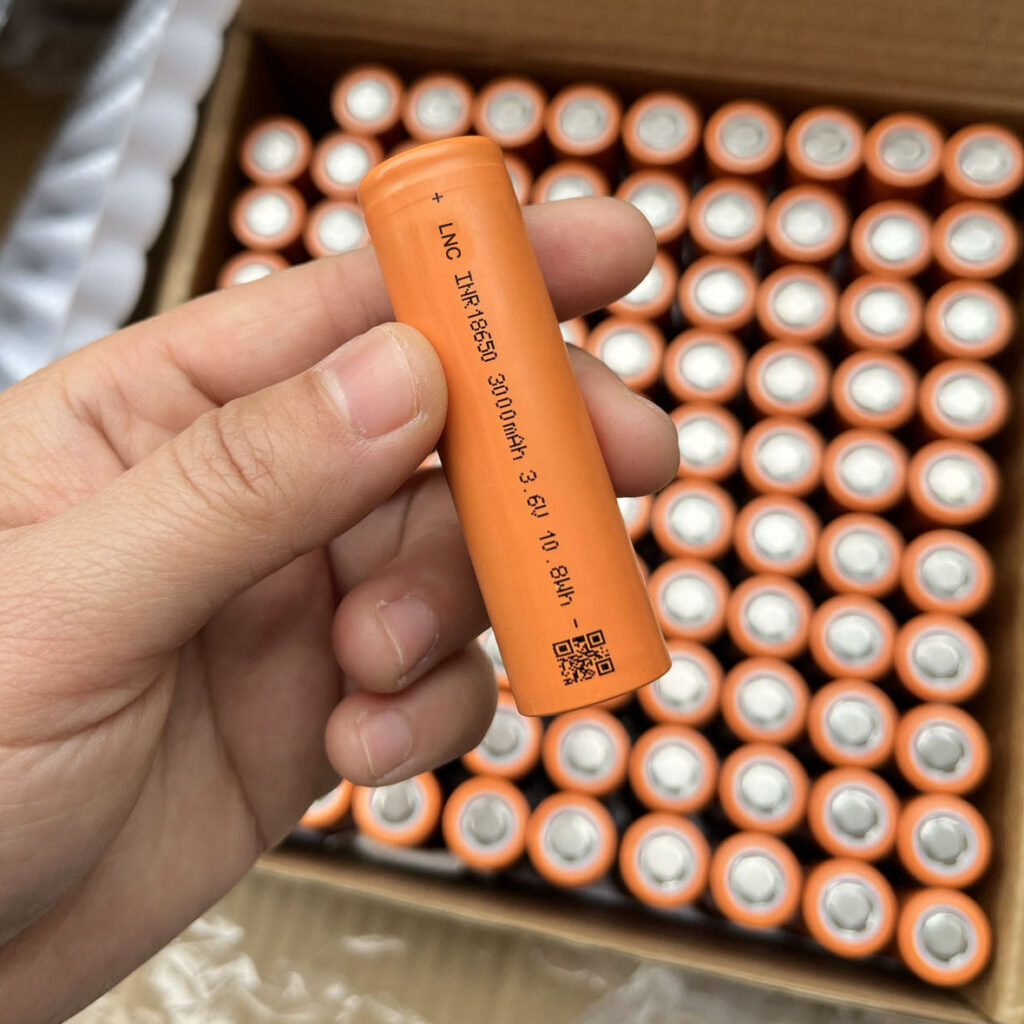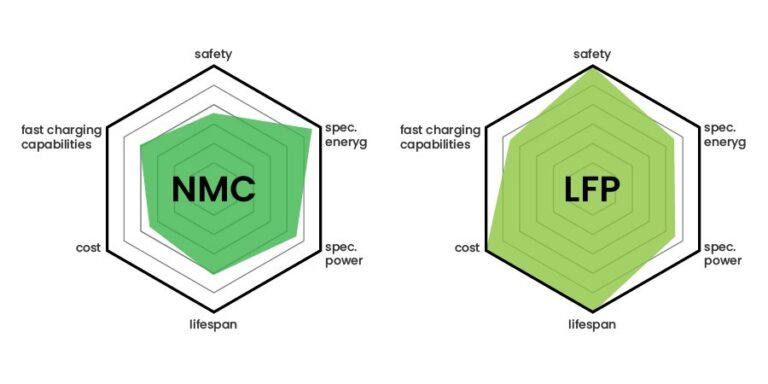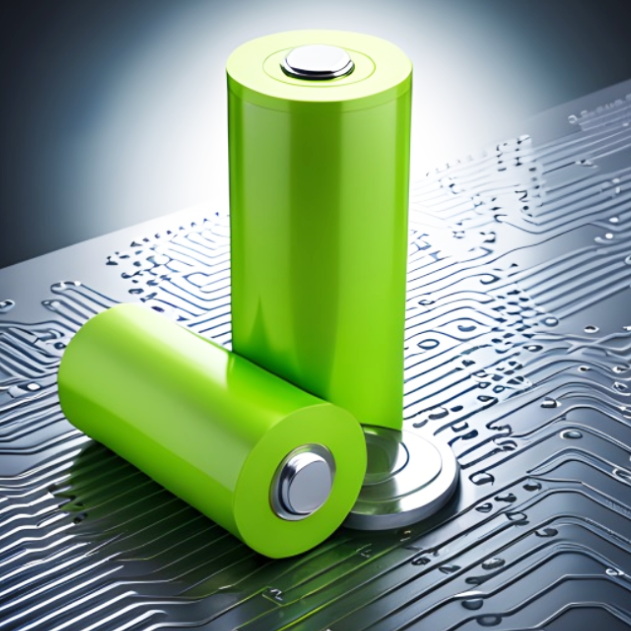
Similar Posts
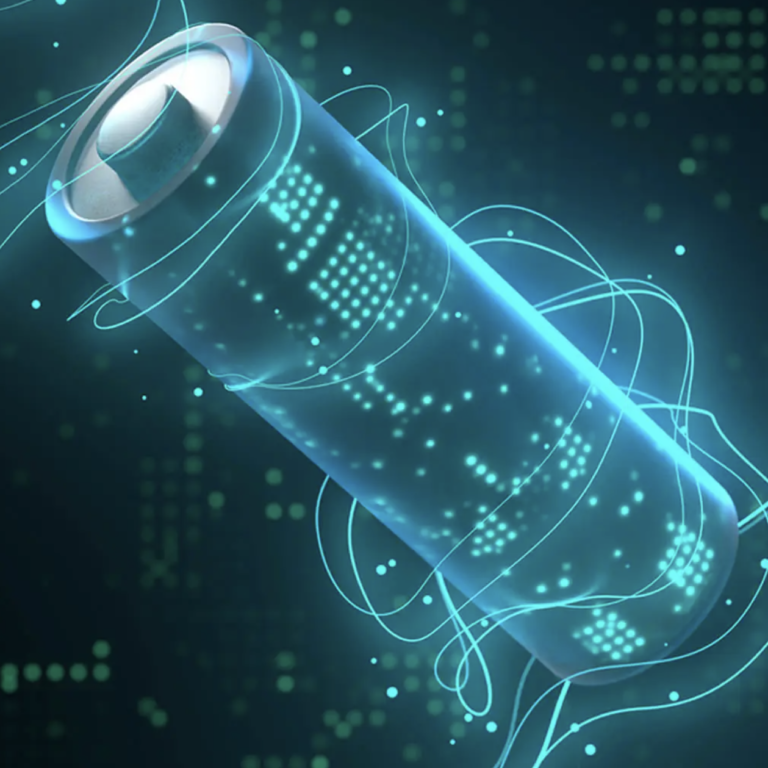
100 Questions about Batteries
Basic Principles and Terminology of Batteries 1.What is a battery? A battery is a device for energy conversion and storage that converts chemical energy or physical energy into electrical energy through reactions. Based on the energy conversion, batteries can be classified into chemical batteries and physical batteries. Chemical batteries or cells convert chemical energy into…

Li2CO3 Pirce Recently
Li2CO3 futures fell near to 200,000 RMB/Ton recently. Recently, the price of lithium battery materials has changed from a high price situation, and the prices of key lithium battery materials, including Li2CO3, LiPF6, LFP, and NCM, have fallen. Previously, due to the game between the upstream and downstream of the industrial chain, the price of…
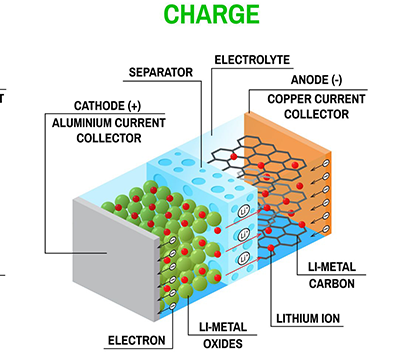
Self discharge method
Self-discharge methods of lithium batteries: static and dynamic! Lithium-ion battery self-discharge measurement methods are mainly divided into two kinds: 1) static measurement method, the self-discharge rate is obtained by standing the battery for a long time; 2) dynamic measurement method, the battery is realized in the dynamic process through parameter identification. Static measurementAt present, the…

Common Parameters and Formulas for Lithium-ion Batteries
(1) Theoretical Capacity of Electrode Material The theoretical capacity of the electrode material, assuming that all lithium ions in the material participate in the electrochemical reaction, is calculated using the following formula: Theoretical capacity(mAh/g)=Faraday constant F (C/mol)*Li’quantity*[1/molecules‘qunatity(mol/g)]*[1/3.6(mAh/C)] Where the Faraday constant (F) represents the charge carried by each mole of electrons, with a unit of…
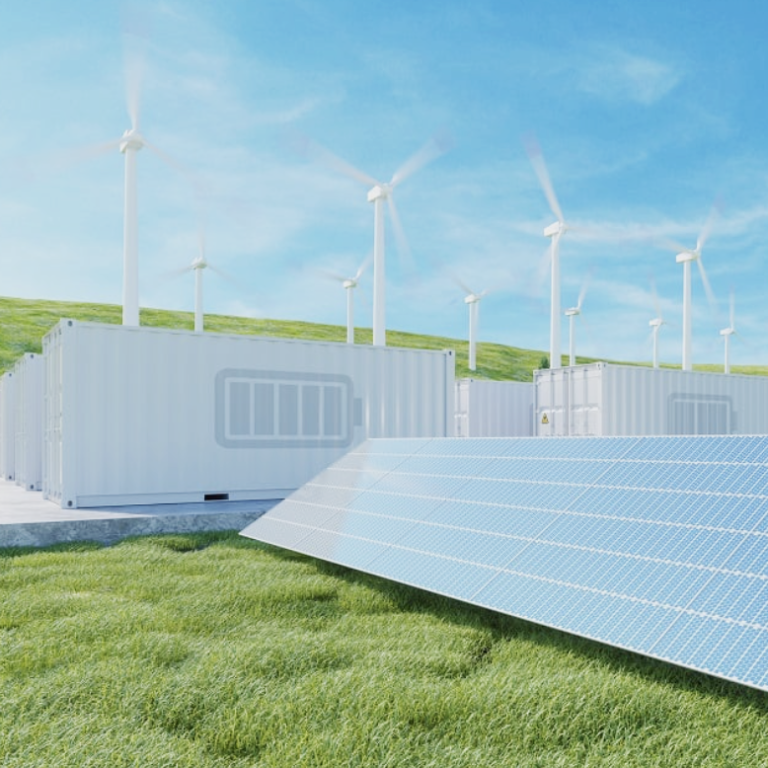
Comparison of advantages and disadvantages between liquid cooling and air cooling.
Why does industrial and commercial energy storage choose liquid cooling for thermal management? Comparison of advantages and disadvantages between liquid cooling and air cooling. What is a liquid cooling system? A liquid cooling system, also known as liquid cooling, is a technology that uses liquid as a cooling medium to absorb and transfer heat. This…
